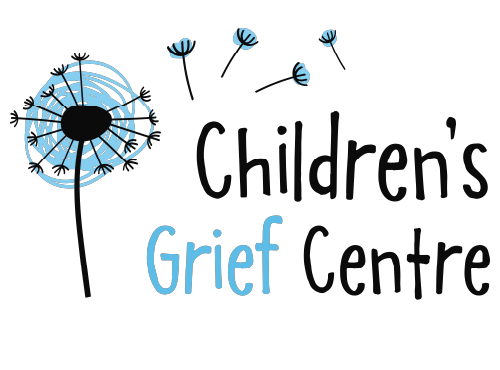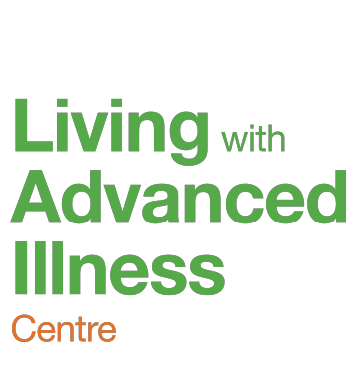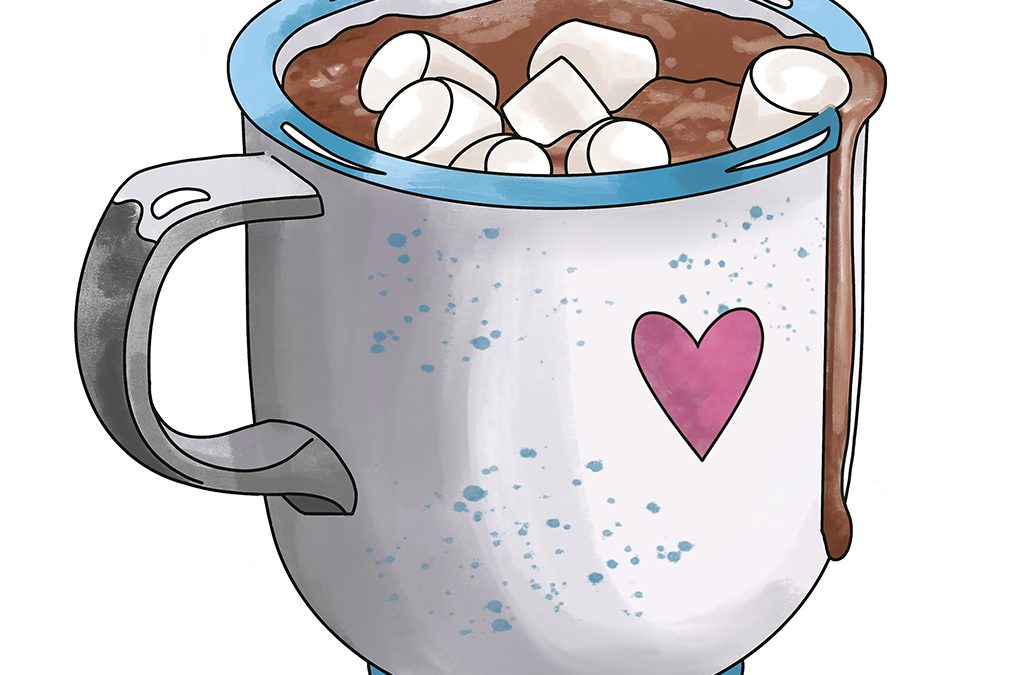
Common Concerns: What do I say to my children when bad things happen?
As parents, we wonder, “How can this sort of thing happen? Is my family safe? Is the world we live in safe?” We feel helpless, numb, terrified, angry, profoundly sad, and we ask ourselves, “How do I handle this? Where to from here?” Here are some things you can do for yourself and your family.

Common Concerns: Should My Child Attend the Funeral?
After a death, many decisions need to be made fairly quickly, including about funeral or memorial services. Parents often wrestle with whether it is appropriate for their children to attend the service and what they should consider.

Common Concerns: Sleep Disturbances
Sleep disturbance is a common experience for the bereaved. It’s an indication that our minds and bodies feel the impact of the loss.

Common Concerns: How do I Support my Children After a Sudden Death?
When someone in our world dies suddenly, there can be a profound impact on us. In the hours and days following a death, our bodies and mind respond in many ways: from numbness and silence to outbursts and busy bodies. All these responses are normal.
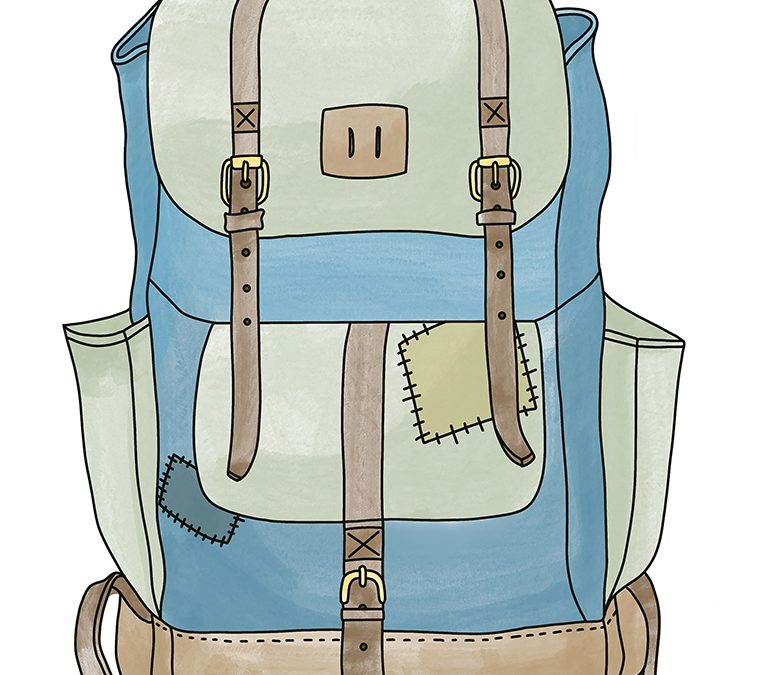
When Grief Goes to School: Five Tips for Parents
When a child or teen has experienced the death of someone in their lives, the thought of going back to school often brings additional challenges. When faced with this situation, parents can do a few things to help their children feel safe and give them a sense of stability.
Teen Grief: Talking to Teens about Life-Threatening Illness
Families face numerous changes and losses, and life can feel like a roller coaster when someone close to them has a life-threatening illness. The following is a guide to help you identify common responses for the teenagers in your life.

Talking to Children about Life-Threatening Illness
When someone has a life-threatening illness, their whole family is impacted by the many changes, concerns, and uncertainties. Adults may choose to avoid talking to children about the illness to protect them from pain and distress. However, consider that children can typically feel when something is going on in their family even when they are not told. When they are not informed, they often feel excluded, alone, and isolated. They may even think that they have caused the anxiety and unsettled state of their family.
Child & Teen Grief after a Suicide
A child or teen’s grief is impacted by many factors, including the circumstances of the death. A death by suicide can merit special considerations for the bereaved due to its associated stigma, sudden nature, and the confusion that often follows. Unfortunately, because of people’s discomfort with the subject of suicide, young people can be left unsupported and isolated.
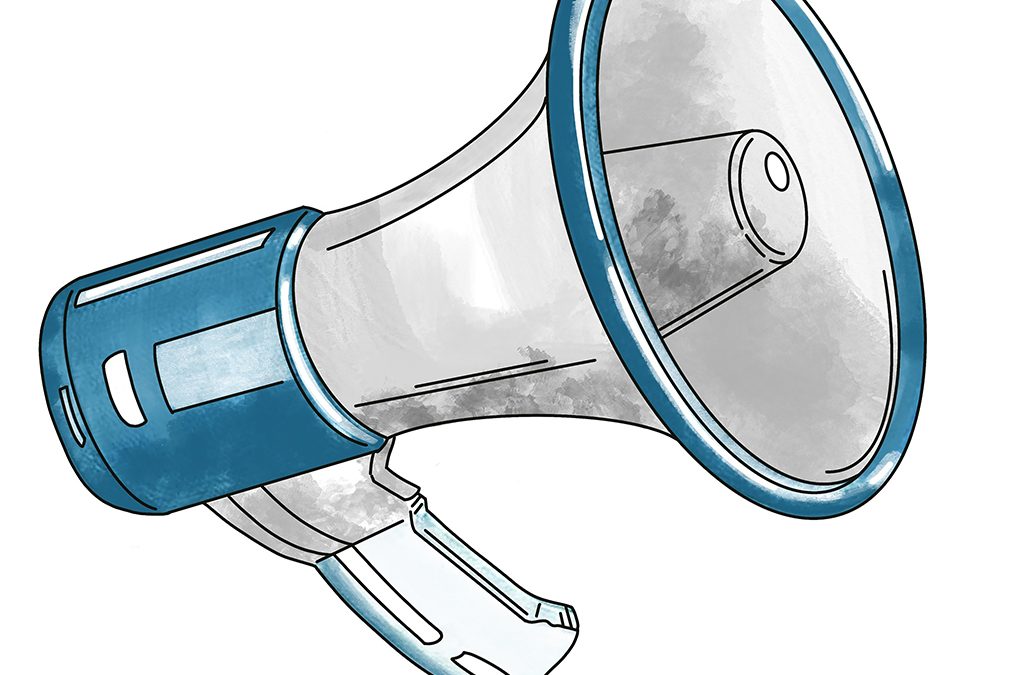
Teen Grief: Common Responses and Ways You Can Help
Grief responses are individual, and each teen’s grief experience will be unique. That said, the following guide can help you identify some of the common grief responses in teenagers after a death.
